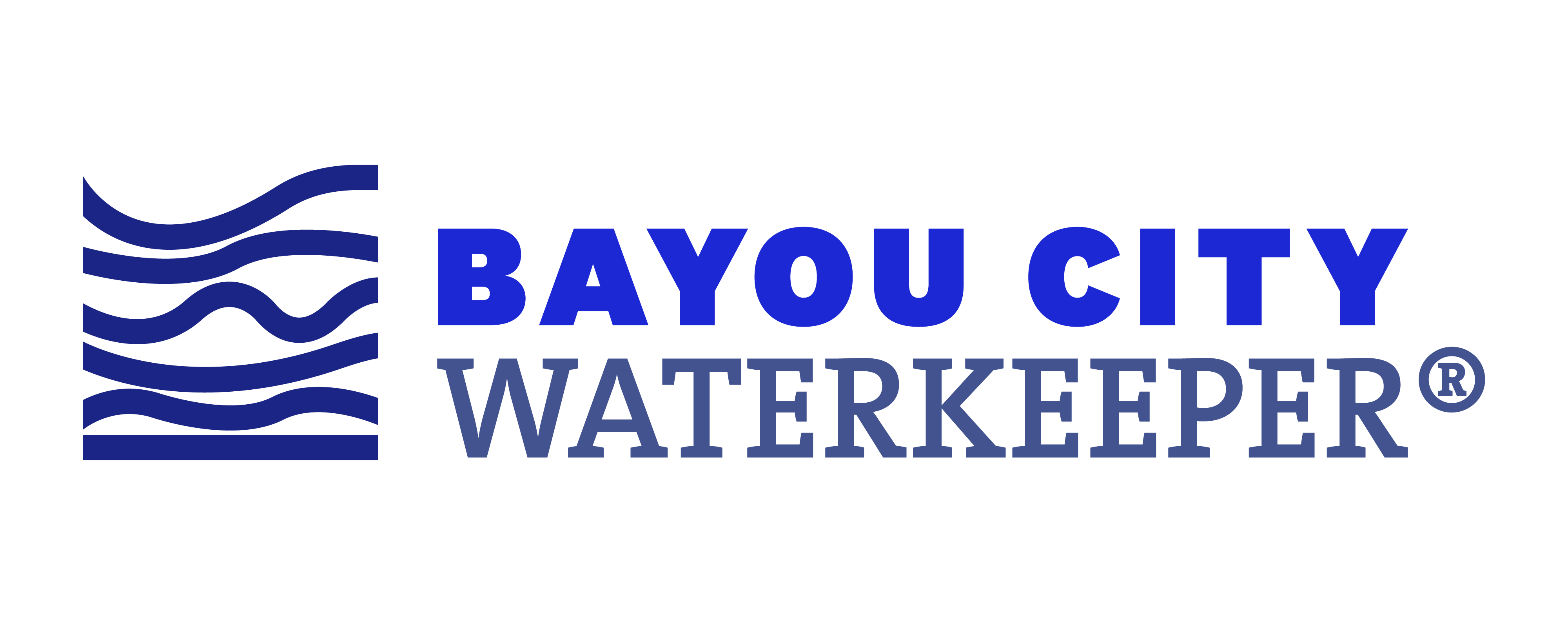We’re excited to share an update in our lawsuit against the U.S. Army Corps of Engineers. Last summer, Bayou City Waterkeeper sued the Corps, challenging its decisions to allow development over wetlands and increase flood risk for residents in the Bayou Brae neighborhood of League City, Texas. The Corps sought to dismiss our lawsuit, saying our members’ concerns about flood risk were not something that they — the federal agency in charge of wetlands regulation — could address. In refusing to dismiss our lawsuit today, the court disagreed, validating our concerns about the important role wetlands play in mitigating flood risk. This victory will allow us to continue this important fight in court.
The Corps facilitated wetland destruction without required mitigation
In 2012, Broad Reach Partners, a residential real estate developer, applied for a permit from the Corps of Engineers under Section 404 of the Clean Water Act. Broad Reach requested permission to fill about an acre of wetlands on a 30-acre tract along Robinson Bayou, just across the county line in Galveston County in League City—but failed to disclose effects on nearly 9 additional acres of forested wetlands.
Broad Reach’s permit request fell through when the U.S. EPA raised concerns about the effect its project would have on these wetlands. Broad Reach moved forward with the project anyway and permanently filled in all wetlands but those closest to the bayou. Broad Reach also elevated the property several feet above the subdivision next door. When a resident complained, the Corps issued approvals based on information provided by Broad Reach’s consultant, allowing the developer to avoid the federal permit process altogether.
Unmitigated wetland losses have increased flood risk across our region
Across the 10,000 square miles making up the Lower Galveston Bay watershed, communities endure increased flood risk with each passing year. Wetlands play a critical role in protecting our local communities against flooding. As our region grows and faces more storms like Harvey and Imelda, our long-term resilience must not be undermined by irresponsible development. As local leaders embrace nature-based solutions and strategic buyouts to protect communities from flooding, it makes no sense to allow our watershed to be built out in a way that is not mindful of our natural sources of flood protection.
One factor contributing to wetland losses is real estate development that does not comply with the Clean Water Act. The Corps of Engineers is responsible for enforcing this federal law’s protections for wetlands across our region. But locally, the Corps too often defers to developers’ paid consultants. As a result, we believe that wetlands that should receive federal protection do not, and developers like Broad Reach are not required to compensate for these losses, as the Clean Water Act requires. Our lawsuit aims to change that.
This case, styled Bayou City Waterkeeper v. U.S. Army Corps of Engineers, was filed in the U.S. District Court for the Southern District of Texas’ Galveston Division on August 4, 2020. The case number is 3:20-CV-255. Representing Bayou City Waterkeeper are Legal Director Kristen Schlemmer and Parth Gejji of Beck Redden LLP.
***
Using law and science, Bayou City Waterkeeper works with communities affected by water pollution and flooding to protect and restore our natural systems, achieve equitable policy solutions, and advance systematic change to benefit all who live within the Lower Galveston Bay Watershed.
[vc_row][vc_column][vc_btn title=”Read Court’s Ruling” color=”danger” align=”center” link=”url:https%3A%2F%2Fbayoucitywaterkeeper.org%2Fwp-content%2Fuploads%2F2021%2F05%2F25.pdf||target:%20_blank|”][vc_btn title=”Support our Work: Donate Today” color=”success” size=”lg” align=”center” link=”url:https%3A%2F%2Fbayoucitywaterkeeper.org%2Fdonate||target:%20_blank|”][/vc_column][/vc_row]
